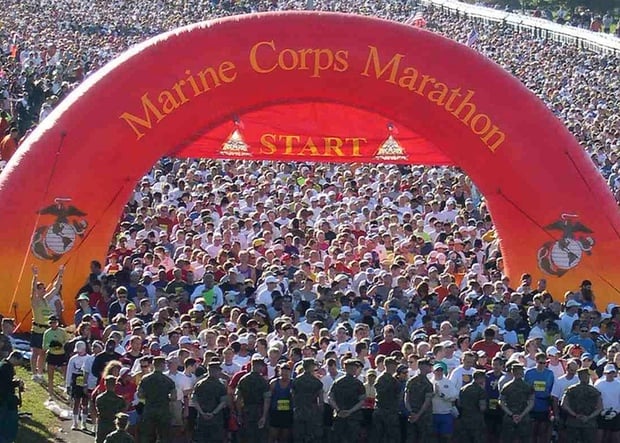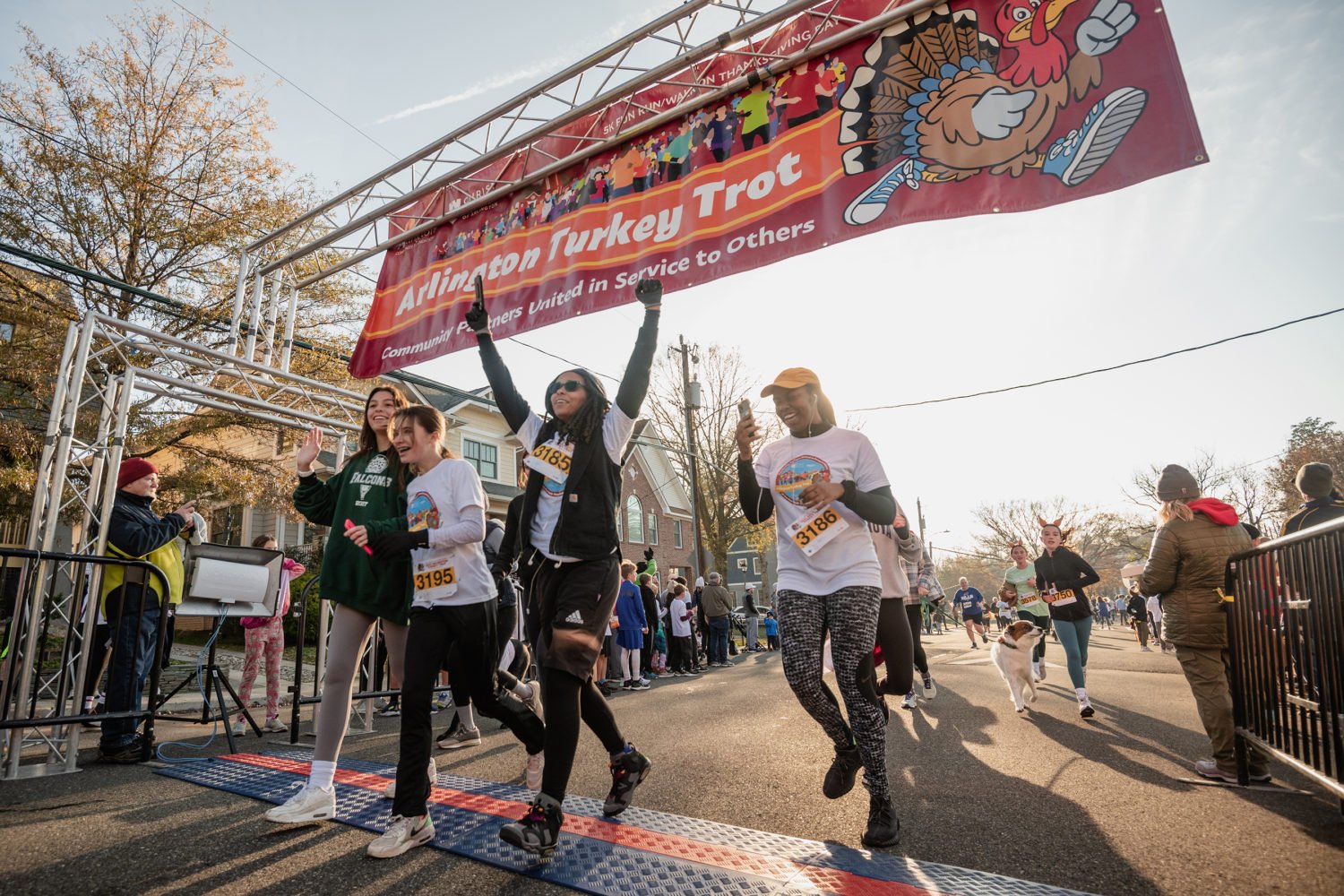Marathons have a long history with cheaters. Maybe, if they’re competitive, it’s for the bragging rights. Maybe, if they’re tired, it’s to avoid the straggler bus. Maybe, if they’re greedy, it’s for the prize money.
But whatever their motivation, they should know one thing: If you cheat at the Marine Corps Marathon, Rick Nealis will catch you.
As the director of Washington’s most renowned marathon for the past 25 years, Nealis has seen—and caught—his fair share of marathon cheaters. In fact, Nealis says it’s normal for him to flag more than 200 cheaters each year. And over the years, he’s gained a reputation for being a stickler.
Nealis doesn’t, however, see all cheaters as being created equal. For him, there are two kinds: the first, which he says make up about 80 percent of the fraudsters, aren’t doing it out of malice. They’re not looking to place in their age division, to win prize money (the Marine Corps doesn’t award cash prizes), or to qualify for the Boston Marathon. They don’t go the full distance, but they head back to the finish line and pick up a medal anyways.
The first kind is bad, but it’s the second kind of cheaters that feel the real wrath of Nealis. These are the ones that take something—an age division title, a spot in Boston—from someone else that rightly earned it. These are also the runners Nealis isn’t afraid to punish with a lifetime Marine Corps race ban, like he did in the case of Gregory Price, a man who finished second in his age group in the 2015 marathon.
At every Marine Corps Marathon, the race organization gives out around 450 awards, and it’s these that Nealis gives the most scrutiny when he and his team comb through the race data. If he spots anything fishy—someone who misses the race mats spaced out every three-or-so miles throughout the course or someone whose split times suddenly get much faster as they go—he gives them a closer look. To make it easier to spot the cheaters, Nealis also hides an extra mat somewhere on the course.
“I have mats every 5K, and then there’s a spot on the course that I put what I call my ‘cheating mat,'” says Nealis. “We don’t advertise that location, so if the runners have [crossed] every mat, but not my cheating mat, that gets me a little concerned to look at what they did in front of it and behind it.”
When handling a cheater, Nealis will delete their race record from the official database to start. He’ll also make sure they don’t receive their race finisher certificate in the mail afterwards. And if their fraudulent time qualified them for the Boston Marathon, he’ll make sure to pass their name along. The one step he hasn’t taken so far is to reclaim the medals taken by those who didn’t earn them—though he’s certainly thought about it.
“We joke about Marine’s being all over the globe,” says Nealis. “We could send Marines the next day knocking on doors retrieving our medals back, but we don’t do that.”




















